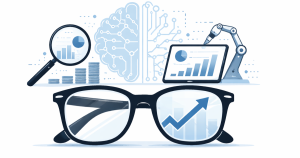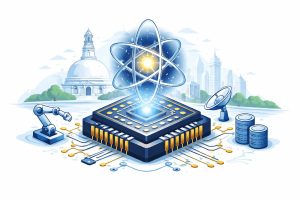In today’s rapidly advancing technological landscape, there is an ongoing debate about the overall impact of technology on our lives. While some argue that technology has brought about significant positive changes, others express concerns about its potential negative consequences. Examining various aspects of modern life, it becomes evident that technology has both positive and negative effects.
The advent of the internet has revolutionized numerous aspects of our daily lives. It has transformed the way we communicate, access information, and engage in business activities. With the internet, individuals can connect with people from all corners of the globe, fostering cross-cultural exchanges, sharing of ideas, opinions, and experiences. Social media platforms have created virtual communities that bridge geographical distances, enabling individuals to form connections and contribute to global conversations.
The internet has also reshaped the way we learn. With online platforms and educational resources, individuals can access knowledge and educational materials from anywhere, transcending traditional classroom boundaries. E-learning, remote education, and online courses have democratized education, making it accessible to a broader audience. Students can pursue their studies at their own pace, engage in interactive learning experiences, and explore diverse subjects and perspectives.
Moreover, technology has revolutionized business practices, leading to increased efficiency, productivity, and global connectivity. Companies can now leverage digital tools and platforms to streamline operations, automate processes, and reach a wider customer base. E-commerce has transformed the retail industry, providing consumers with convenience and accessibility to a vast array of products and services. This digital revolution has also given rise to new entrepreneurial opportunities, empowering individuals to start their own businesses and pursue their passions.
However, alongside these positive changes, technology also brings challenges and potential negative impacts. The constant connectivity and reliance on digital devices have raised concerns about privacy and data security. The abundance of information available online has led to issues of misinformation and the spread of fake news. The overuse of technology, particularly among younger generations, has raised concerns about the potential social and psychological impacts, such as addiction and reduced interpersonal skills.
Furthermore, technology has disrupted certain industries, leading to job displacements and increasing the need for reskilling and upskilling. Automation and artificial intelligence (AI) have the potential to replace certain job functions, raising concerns about unemployment and income inequality. As technology continues to advance at an unprecedented pace, it is crucial for individuals and societies to adapt and acquire the necessary skills to thrive in the digital era.
In conclusion, the impact of technology on the modern world is a complex and multifaceted topic. While it has brought significant positive changes in areas such as communication, education, and business, there are also potential negative effects that need to be addressed. Striking a balance between harnessing the benefits of technology and mitigating its drawbacks is essential. Through thoughtful regulation, responsible usage, and continuous adaptation, we can maximize the positive impact of technology while minimizing its potential negative consequences, ensuring a prosperous and sustainable future in the digital age.
Last Updated on: Saturday, May 13, 2023 8:10 am by Anu Priya | Published by: Anu Priya on Saturday, May 13, 2023 8:10 am | News Categories: GENERAL, Tech


